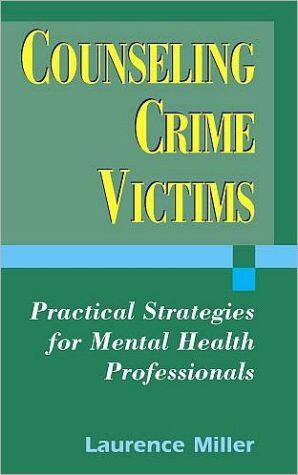
Counseling Crime Victims: Practical Strategies for Mental Health Professionals
by:
Laurence Miller
Edition: 1
Language: English
Format: Hardcover
ISBN 10: 0826115195
ISBN 13: 9780826115195
Publication date:
March 24th, 2008
Publisher: Springer Publishing Company
Pages: 456
Genres: Mystery, Health & Wellness
In this insightful guide, mental health professionals are equipped with practical strategies to support crime victims through their healing journeys. The author, Dr. Laurence Miller, delves into the unique psychological challenges faced by individuals who have experienced trauma, offering a compassionate approach to their recovery. His extensive expertise in the field illuminates the complexities of victimization and the importance of tailored interventions.
Throughout the text, readers will find evidence-based techniques that enhance their counseling skills, allowing them to address the emotional and psychological aftermath of crime. Dr. Miller emphasizes the significance of understanding each victim's narrative, encouraging therapists to build trust and rapport. The work not only provides immediate strategies for intervention but also explores long-term approaches for ongoing support.
Rich with real-world examples and case studies, the book serves as both a practical manual and an educational resource. Dr. Miller's writing inspires confidence in professionals who may be navigating this challenging aspect of mental health care.
As the demand for competent support for crime victims grows, this comprehensive guide stands out in its field. It affirms the crucial role mental health professionals play in fostering resilience and recovery for those impacted by crime.
Throughout the text, readers will find evidence-based techniques that enhance their counseling skills, allowing them to address the emotional and psychological aftermath of crime. Dr. Miller emphasizes the significance of understanding each victim's narrative, encouraging therapists to build trust and rapport. The work not only provides immediate strategies for intervention but also explores long-term approaches for ongoing support.
Rich with real-world examples and case studies, the book serves as both a practical manual and an educational resource. Dr. Miller's writing inspires confidence in professionals who may be navigating this challenging aspect of mental health care.
As the demand for competent support for crime victims grows, this comprehensive guide stands out in its field. It affirms the crucial role mental health professionals play in fostering resilience and recovery for those impacted by crime.











